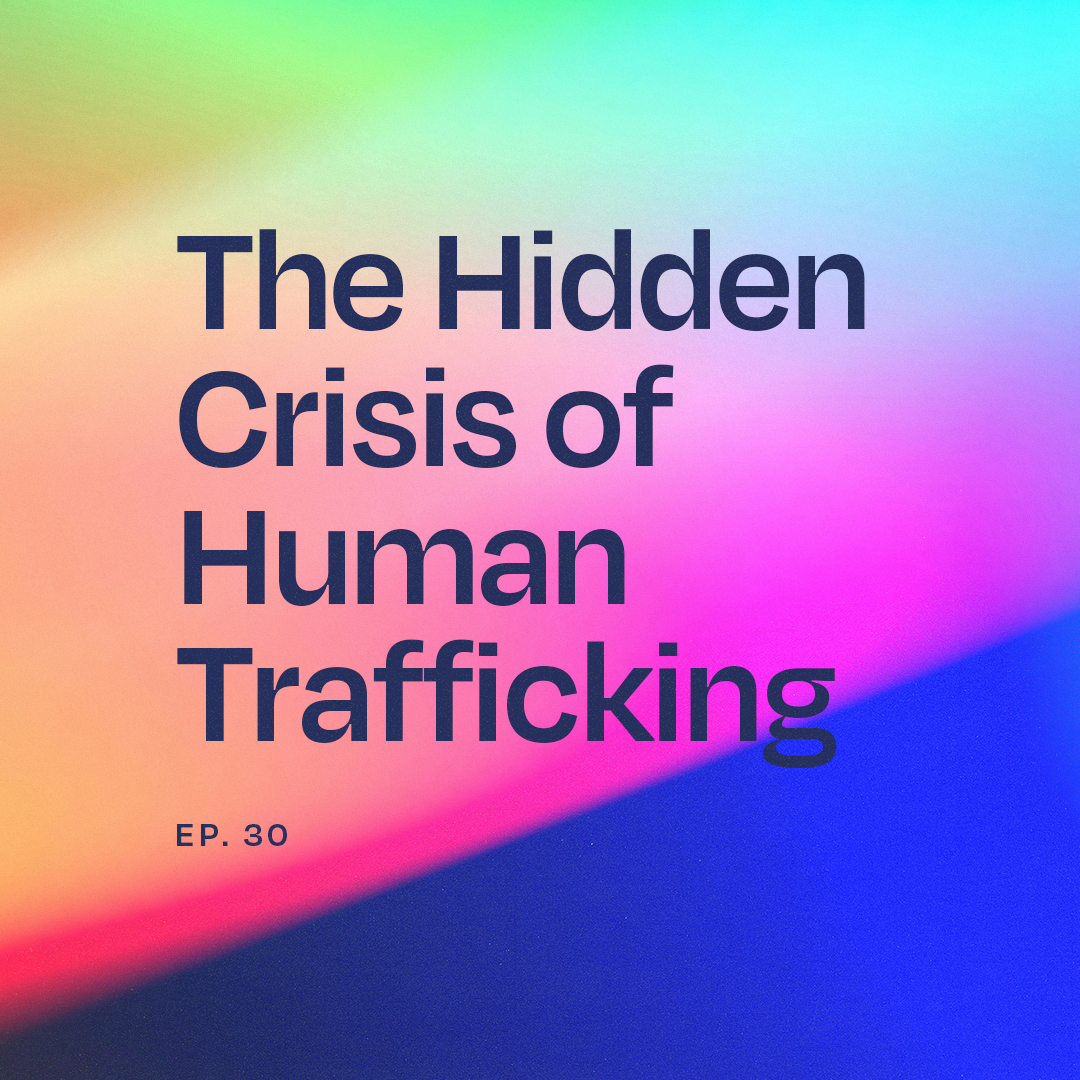
Human trafficking is a hidden crisis in our communities, but knowledge and awareness can empower us to fight back. On this special episode of Praxis, we have Brianna Saxer from Zeteo Community joining us to shed light on this urgent issue, particularly in Wisconsin. You'll hear Brianna's compelling story of how she transitioned from massage therapy to becoming a dedicated advocate for survivors of sexual exploitation and human trafficking. Learn about the realities that go beyond sensational media portrayals and discover practical steps you can take to recognize and prevent trafficking in your own community.
Together with Brianna, we explore the subtle signs of grooming and exploitation. Through relatable anecdotes and expert insights, this episode emphasizes the need for compassionate care and awareness in various settings like schools, churches, and workplaces. We also highlight the critical role of digital safety and share real-life stories that underscore the importance of educating children and teenagers about online risks.
This episode is a call to action for our community at Crosspoint and beyond. Whether you're a parent, educator, or simply someone who wants to make a difference, there's something here for you. From personal stories to actionable advice, we aim to educate and inspire you to get involved in this vital work. Listen, learn, and consider how you can contribute to the fight against human trafficking. Stay tuned for more episodes, and don't forget to visit our website for additional resources and ways to connect with organizations like Zeteo Community.